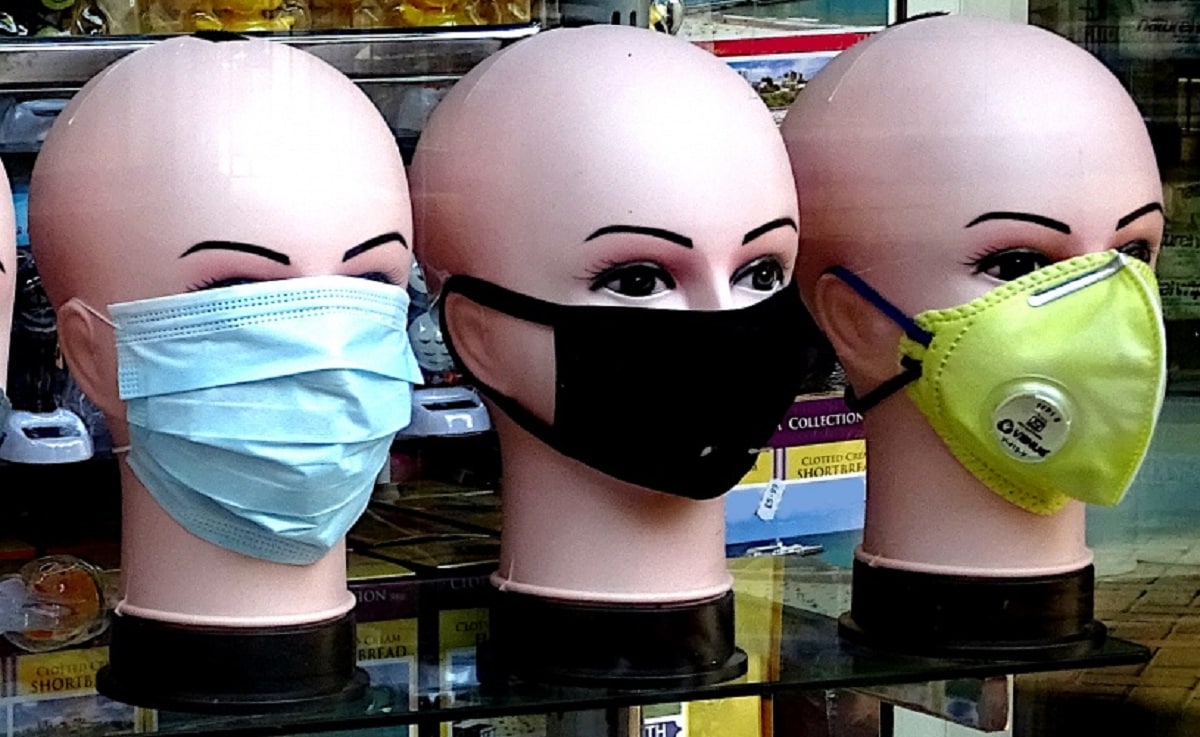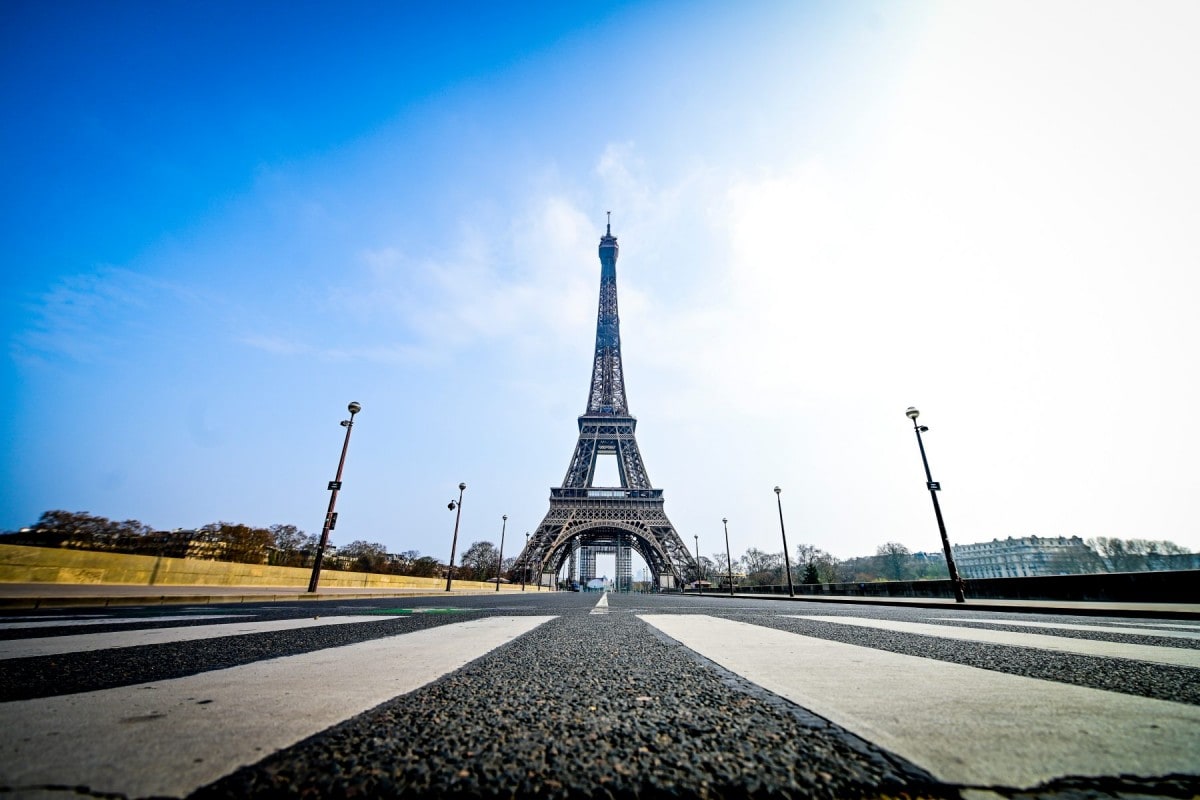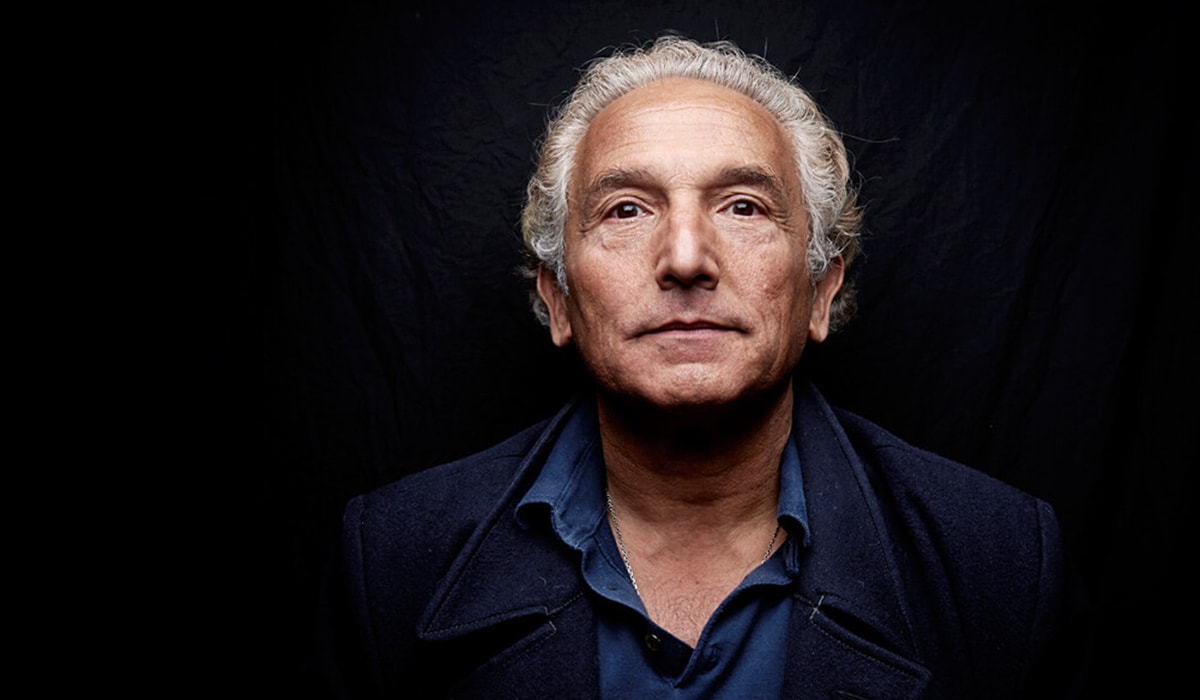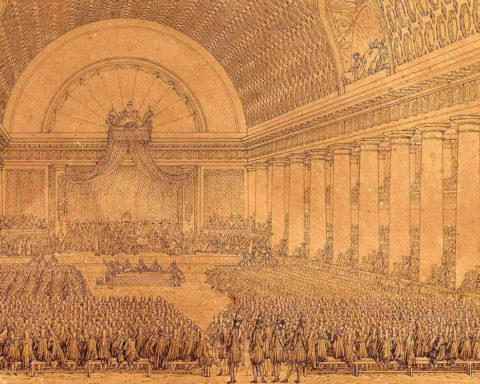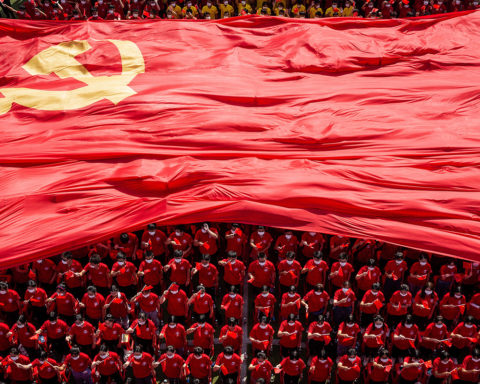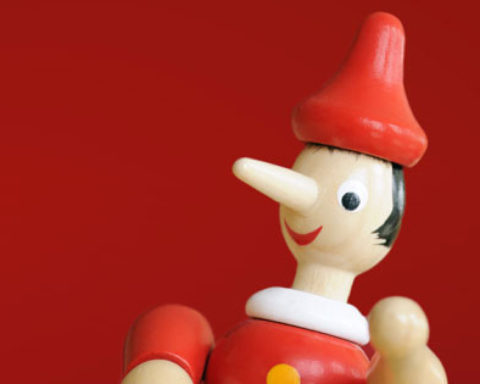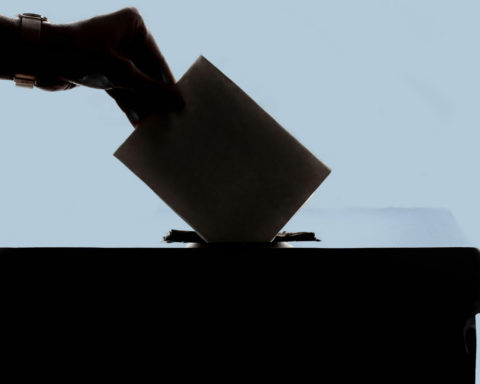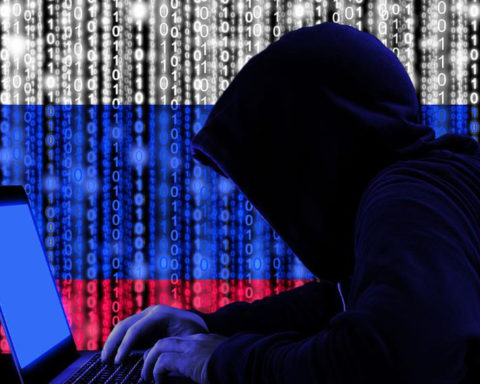La France avance masquée. Pas toujours à temps pour ceux qui sont sur le front des soins et des services prioritaires et essentiels, mais c’est de plus en plus visible dans les rues de Paris, notamment, malgré l’inconstance des recommandations. Curieux mélange de sécurité et d’anxiété, dualité entre protection et interrogation. On se protège, on protège l’autre, tout en masquant également le langage corporel et émotionnel. Car un sourire, une grimace, une bouche en cœur ou pensive font de nous des êtres en vie. Notre bas de visage est désormais caché et nos paroles filtrées par un morceau d’étoffe aussitôt utilisé, aussitôt jeté. Une sensualité sous asepsie qui me questionne. Alors, malicieusement, j’ai pensé que peut-être une psychanalyste pourrait m’aider … Surprise ! Je n’étais pas la seule à m’interroger. C’est avec sa spontanéité et sa sagacité (très) éclairée que Paule Pérez, Psychanalyste, s’est prêtée à une petite réflexion que UP’ vous livre ici. – Fabienne Marion –
Au tout début du confinement nous faisions « le tour des quatre rues » dont la mieux nommée est le boulevard de l’Hôpital, celui de la Pitié, où les sirènes des ambulances semblent, en effet un petit peu moins fréquentes depuis hier… Chacune d’elles me serre le cœur : nous connaissons tous aujourd’hui des personnes qui y ont perdu quelqu’un.
Au bout de cinq jours de ce confinement je me suis sentie, malgré la gentillesse des agents des forces de l’ordre (notamment avec les sans-abris), enfermée dehors.
Depuis je ne suis plus ressortie, moi la marcheuse, qui avais repéré dans mes promenades solitaires à mon arrivée en France, d’innombrables trésors dans les cours de Paris : ici un grand arbre caché à deux pas du boulevard St-Germain, là un puits dans le Marais, des parcelles de potagers près du Père Lachaise, un minuscule cimetière oublié du XVIIIe siècle avenue de Flandres… On pouvait pousser les porches avant l’usage des codes.
Mon chien-guide, étonnamment résilient, s’est habitué à des micro-sorties. Rester chez moi, cela me dispense justement du « masque », « chirurgical », ou non, au propre comme au figuré.
Les patients ont demandé des séances par téléphone, autre masque matériel vite oublié dans la profonde véracité de leur parole. Ils font, comme beaucoup d’entre nous, des cauchemars qu’on n’a pas de mal à décrypter ensemble tant la violence primaire, vie et mort, en est limpide.
Le port du masque me fait penser à ce proverbe espagnol : « En boca cerrada non entran moscas », dans une bouche fermée, les mouches n’entrent pas. Version, comme vulgarisée, de celui plus distingué selon lequel « le silence est d’or ». Mais est-ce l’or que nous cherchons, ou bien plutôt, avec Paul Valéry devant son cimetière marin au lever du jour, juste à « tenter de vivre » ? Car ici nous ne voulons sûrement pas dire, après Cocteau : « puisque ces mystères nous dépassent, feignons d’en être les instigateurs ». Ce que nous sommes bel et bien, pourtant.
Je reste perplexe sur la manière dont s’introduit en nous le virus, nous rappelant en un surgissement les fonctions de la bouche, liée au monde, aux éléments : Terre par ce que nous mangeons, Eau des « gouttelettes » à éviter et des pollutions dispersées sur le globe, Air de la respiration qui nous fait songer aux alvéoles pulmonaires que cible le virus, et à la parole, Feu de la fièvre, et métaphoriquement, de nos cris de chagrin et de peur primaires… C’est bien cette bouche, porte d’entrée que le virus a « trouvée ». Mais que signifie ici « trouvée » ? Cela nous renvoie à la force de ce qu’on ne sait pas bien nommer : selon les références de chacun, Nature, instinct, hasard, nécessité, destin, ou tout « simplement », processus de vie.
Il y a aussi que « la psychanalyste » rêve de l’après : que la vie, surtout en ville, trouve une vraie sociabilité. Que perdure celle qui n’existe que fugacement dans les situations limites et disparaît le jour d’après, dans une sorte d’oubli de l’autre.
Et il y a aussi, paradoxalement, que je suis perplexe face à cette adaptabilité au confinement. Cela me fait songer aux expériences de Milgram qui plaçait les sujets dans des situations inconfortables ou douloureuses, situations auxquelles ils se soumettaient à mesure qu’elles se faisaient extrêmes, repoussant la frontière de l’insupportable…, Montrant la résistance de l’homme autant que son étrange capacité à accepter sur ordre, désagrément, contrainte, voire servitude : plasticité psychique souhaitable ou aboulie misérable ? Bien qu’ici nous nous interrogions au nom de la vie et non pas pour la destruction, je songe à la compliance d’un Eichmann à s’être soumis sans faille à l’autorité nazie, pas même traversé du moindre questionnement. Exempt de toute forme de « penser ». J’y entends juste ce qui nous fait prendre la « mesure » d’une situation, car penser vient du latin peser.
Il demeure fondamental, tout en nous conformant aux injonctions sanitaires, que nous restions attentifs à ce qui se joue dans ces contraintes et privations de l’élémentaire liberté de nos mouvements : juste rester éveillés sur la singularité de la circonstance du moment, cet éveil étant notre unique résistance au nom de l’instinct de vie.
Ce qui nous reste aussi, c’est de « rêver » à une forme de « réparation du monde » comme disent les kabbalistes, afin que par nos actes et nos paroles, elle puisse avoir lieu.
Le monde s’est là comme retourné. En extrayant le pangolin, la chauve-souris, le serpent et le moustique, de leur « milieu », pour les amener sur un marché chinois, on a juste renversé un ordre. Un peu comme une Apocalypse, mais pas avec la même intention. Les virus des steppes ou des montagnes sont venus en ville avec leurs hôtes.
Il nous faut imaginer autre chose. Dans cette déréliction nous pouvons relever que, même si les erreurs humaines sont de flagrantes atteintes à l’environnement, nous pouvons rêver à un monde meilleur en somme. Que nous invoquons, chacun à sa manière en cette attente de l’après. Justice sociale, solidarités respect des éléments naturels des Pôles aux Equateurs…
J’ai pourtant entendu il y a trois jours un politique déclarer qu’il fallait « se réunir pour anticiper l’après » en évoquant l’économie, les places boursières, la relance, sans la moindre différence avec l’avant épidémie, sans une modification minime du langage technocratique. Avant c’était source d’agacement pour moi, maintenant cela me fait l’effet bizarre du discours plutôt psychotique d’acteurs que la tourmente de la planète n’aurait pas traversés, au point que leurs cadres, à défaut de voler en éclat, soient réfractaires au moindre ébranlement intérieur…
J’espère que tout en veillant aux réalités, les politiques dans leur ensemble auront compris que ce qui s’est passé, quoiqu’il en soit, aura comme l’ont dit certains commentateurs, « un avant et un après ». Le masque nous cache la bouche et le nez mais « néanmoins » ne nous les obture pas.
Paule Pérez, Philosophe – Psychanalyste

